India–US space collaboration in focus at San Francisco roundtable
Event brought together ISRO, NASA, UC Berkeley, and space industry leaders to explore global collaboration.
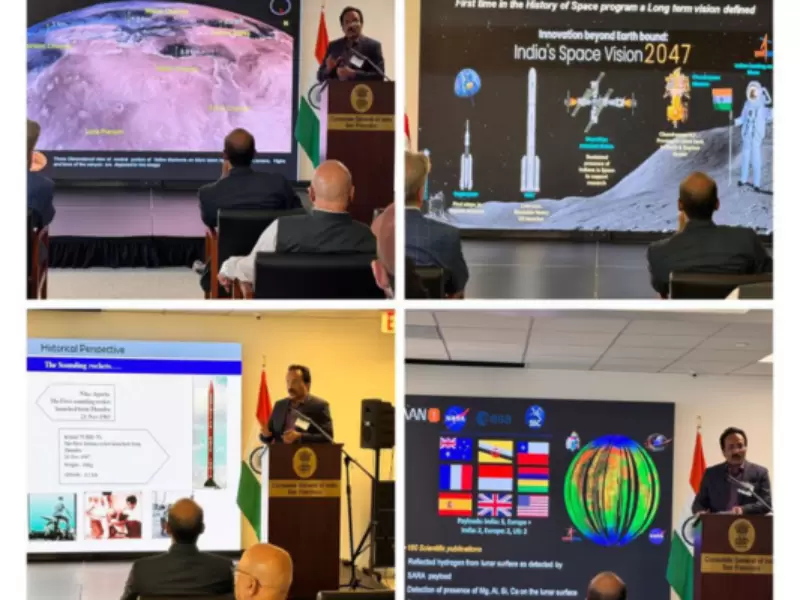 Glimpses of the event / X (@CGISFO)
Glimpses of the event / X (@CGISFO)
The Consulate General of India in San Francisco hosted a high-level roundtable on Oct. 10 featuring S. Somanath, former Chairman of the Indian Space Research Organisation (ISRO).
The discussion, in collaboration with the University of California, Berkeley, and the Global Indian Technology Professionals Association (GITPRO), brought together leaders from ISRO, NASA, academia, and the private sector to explore new pathways for international cooperation in space science and innovation.
Also Read: Washington event highlights India, U.S. space collaboration
Welcoming the participants, Consul General K. Srikar Reddy underscored the importance of India’s expanding partnerships in space technology and research, noting that India’s program is now seen as a critical contributor to global scientific advancement.
CG Somanath delivered a comprehensive overview of India’s space journey, highlighting key milestones such as the Chandrayaan lunar missions, the Mars Orbiter Mission, and Aditya-L1, the nation’s first solar observatory.
@cgisfo in collaboration with UC Berkeley and GITPRO hosted a round table discussion with Dr. S. Somanath, Former Chairman of ISRO @isro on October 10th, 2025, at the Consulate office, San Francisco. Consul General Dr. K. SrikarReddy welcomed the distinguished speakers and… pic.twitter.com/eX8XPQQEbM
— India in SF (@CGISFO) October 12, 2025
He also emphasized India’s growing collaboration with NASA in “earth observation, satellite navigation, and space exploration,” citing the NASA–ISRO Synthetic Aperture Radar (NISAR) mission as a landmark in bilateral cooperation.
Launched in July 2025, NISAR carries NASA’s L-band and ISRO’s S-band radar systems to map land, ice, and vegetation changes with high precision, contributing to research in climate science, disaster response, and geophysical monitoring. The project, he noted, exemplifies how partnerships between agencies can advance shared scientific goals.
The panel discussion, moderated by Solomon Darwin, executive director of the Center for Corporate Innovation at UC Berkeley, featured Victoria Coleman, associate provost at Berkeley Space Center; Bill Diamond, president and CEO of the SETI Institute; Greg Schmidt, former director of NASA’s Solar System Exploration Research Virtual Institute; Nasr Al-Sahhaf, regional secretary of the International Academy of Astronautics; Michael Nicolls, vice president of Starlink Engineering at SpaceX; Kiruthika Devaraj, vice president at Planet Labs; and Pallab Deb, ,managing director for Ecosystem Partnerships at Google.
The conversation centered on building what participants described as a “next-generation space ecosystem”—a collaborative and sustainable framework that integrates academia, private enterprise, and government to advance exploration beyond Earth.
The San Francisco event followed a series of India–US engagements this year aimed at deepening cooperation in civil and commercial space exploration.
In September, the Indian Embassy in Washington hosted a forum titled “India–USA Space Collaboration: The Frontiers of a Futuristic Partnership,” celebrating milestones such as the NISAR launch and the Axiom-4 mission that carried Indian astronaut Shubhanshu Shukla to the International Space Station.
Indian Ambassador Vinay Kwatra described the collaboration as “a dynamic platform for advancing scientific exploration, technology development, and commercial cooperation.”
ADVERTISEMENT
ADVERTISEMENT
E Paper
Video



1749497506.png) Malvika Choudhary
Malvika Choudhary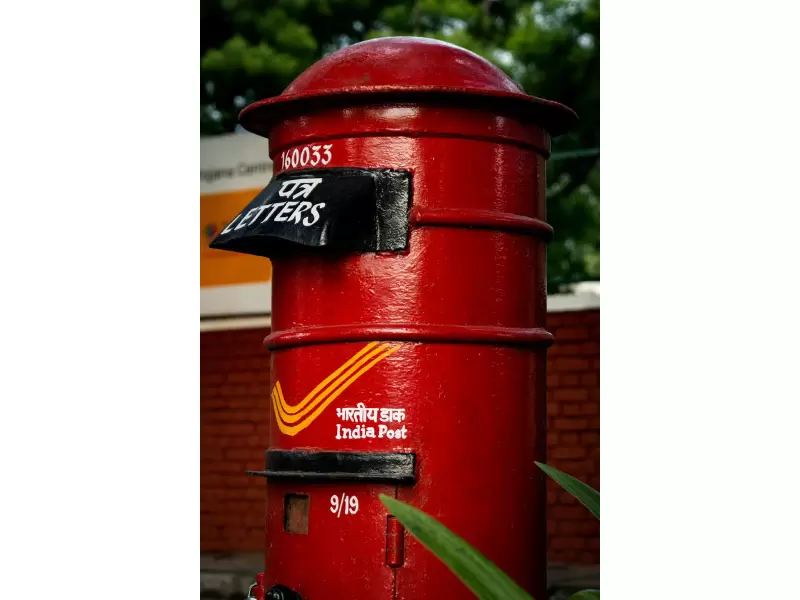
.jpg)
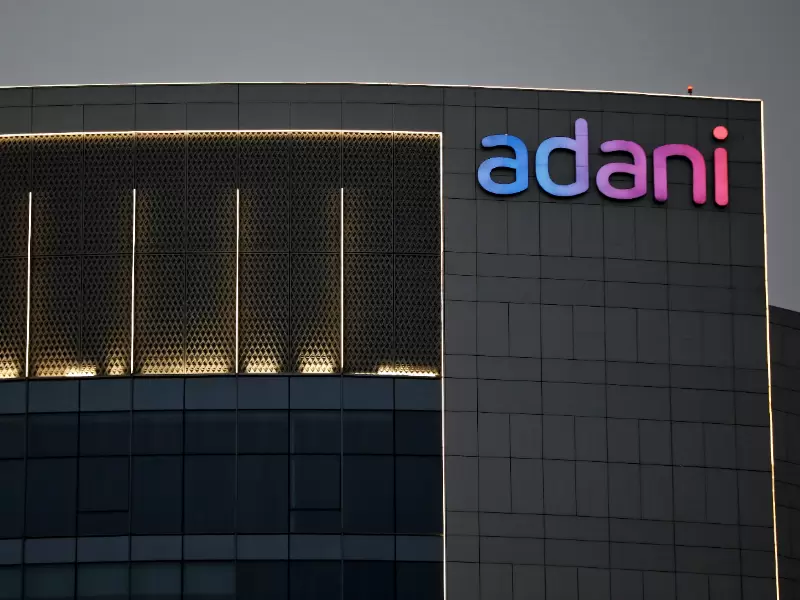
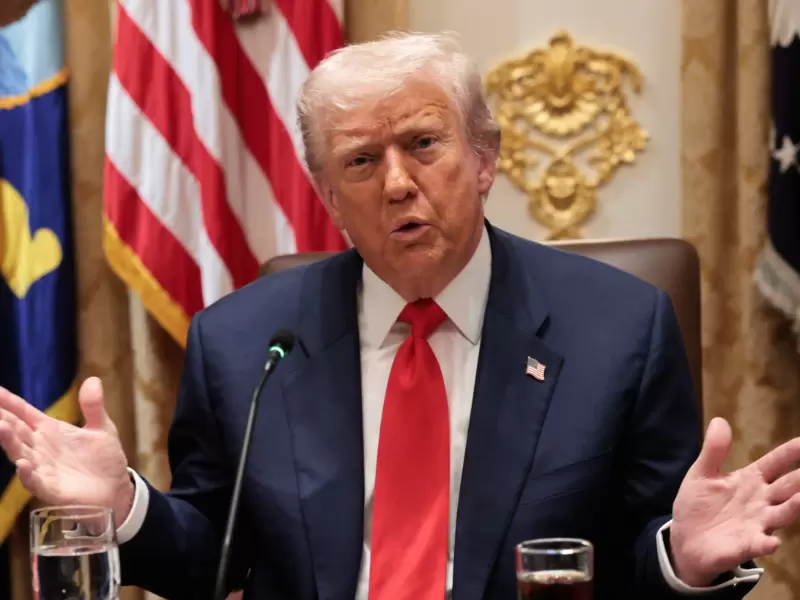

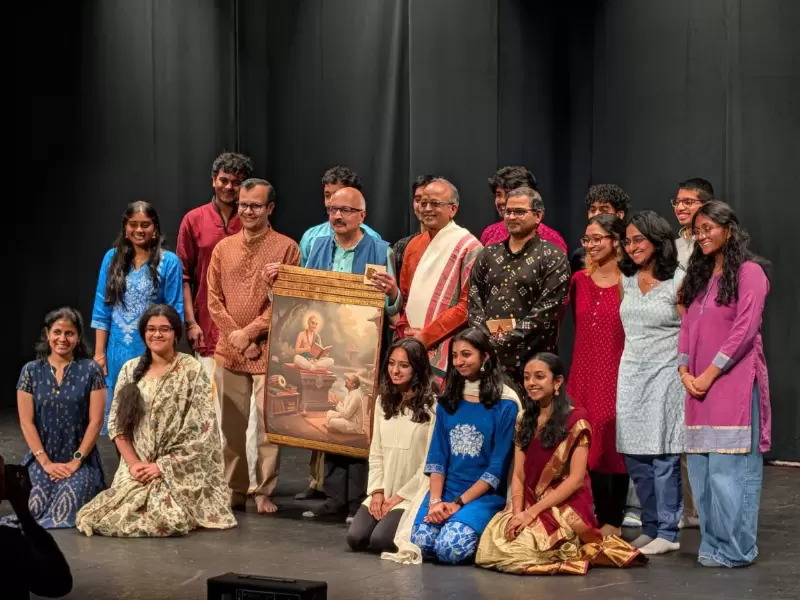


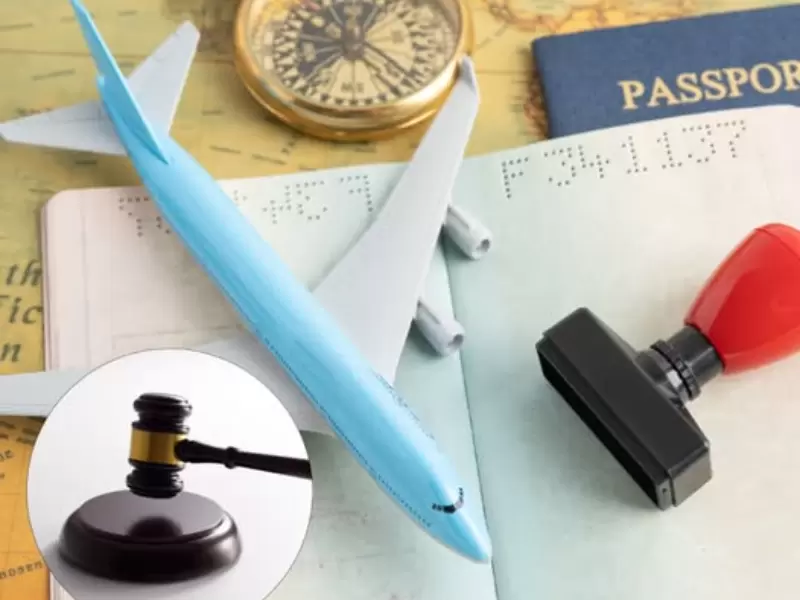
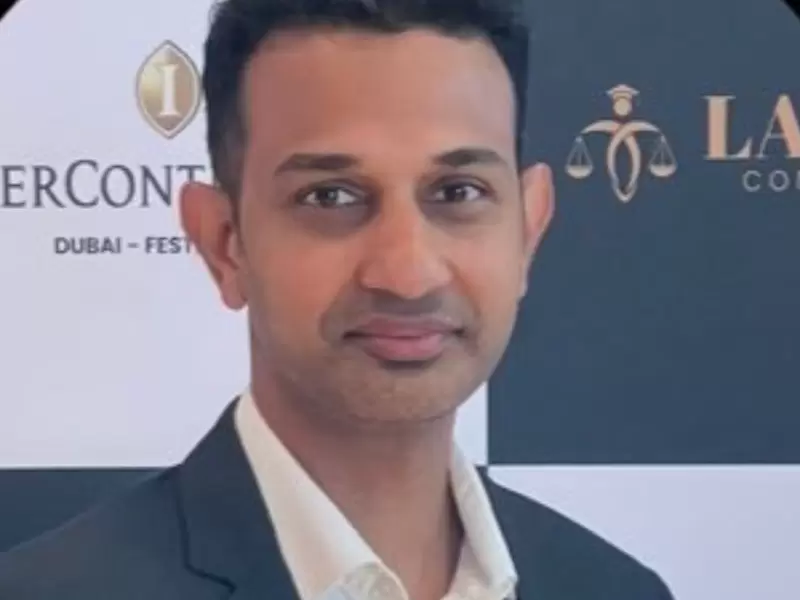
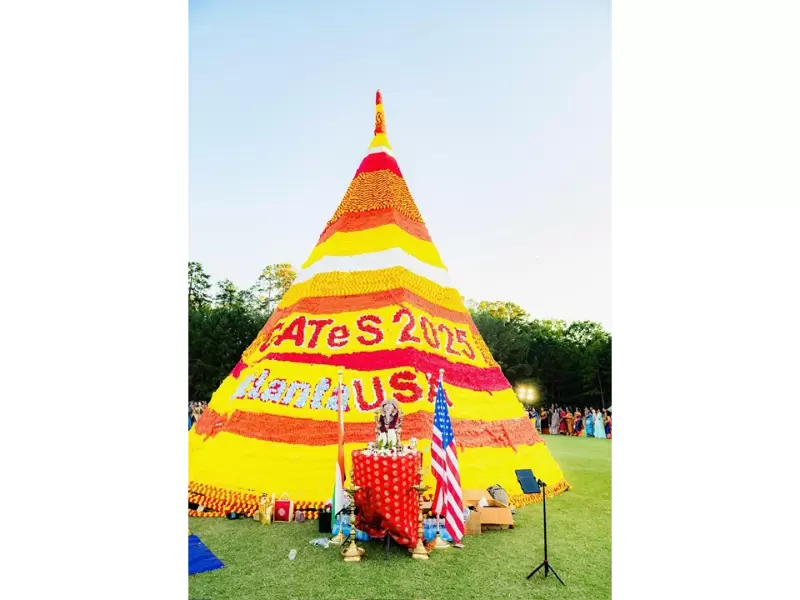



Comments
Start the conversation
Become a member of New India Abroad to start commenting.
Sign Up Now
Already have an account? Login